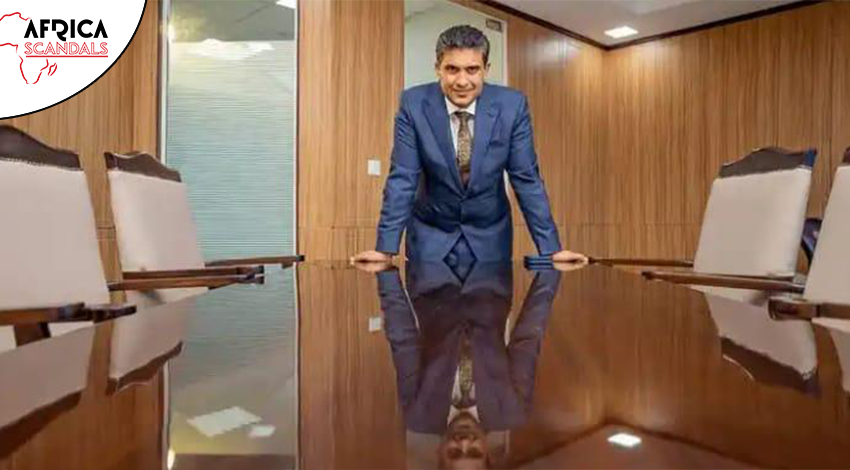Lobby Group Demands Investigation into Jayesh Saini and MAKL Limiteds Healthcare Sector Allegations

Jayesh Saini and MAKL Limited
A lobby group is urging Kenyan authorities to investigate serious allegations against businessman Jayesh Saini and his affiliated companies within the healthcare sector.
With substantial evidence in hand, including detailed complaints and invoices, the group has formally requested action from key institutions such as the Ethics and Anti-Corruption Commission (EACC), the Office of the Director of Public Prosecutions (ODPP), and Parliament’s Public Accounts and Health Committees. The call aims to ensure accountability and transparency in the healthcare industry.
The evidence, according to the lobby group, includes complaints, paperwork, and invoices that strongly support their claims.
Their objective is to prompt authorities to take immediate action on these pressing concerns.
The group clarified that their efforts are not driven by a desire for revenge or a “witch hunt,” but rather by a commitment to uncover the truth and ensure justice is served.
Among the key issues highlighted in the letter is the need to revisit the probe into a missing Ksh176.1 billion related to insurance schemes for the Teachers Service Commission (TSC) and the National Police Service.
The lobby group points to Jayesh Saini and his company, MAKL Limited, as central figures in this unresolved matter.
They are urging the authorities to investigate where these funds have gone and hold those responsible accountable.
The group also raised concerns about MAKL Limited’s business practices, particularly its role in limiting market access and investment opportunities for healthcare providers in specific regions of Kenya.
According to the lobby group, MAKL has deliberately excluded providers from areas such as Bungoma, Migori, Kikuyu, Meru, Eldoret, and several parts of Nairobi, to favor hospitals and healthcare facilities owned by Jayesh Saini, including Bliss Medical Healthcare and the Lifecare Group of Hospitals.
This, they argue, has created an unfair monopoly that hinders competition and limits access to healthcare for many Kenyans.
Jayesh Saini and MAKL Limited
Another major concern brought forward by the lobby group is the Clinix Scandal, which previously drew significant attention.
They believe the Parliamentary Health Committee, which was involved in the initial investigation, may have been compromised.
As such, they are calling for the case to be reopened and thoroughly investigated.
The group has also raised alarm over allegations of organ trafficking involving Mediheal Hospital and Nairobi West Hospital, both of which are linked to Jayesh Saini.
They are calling for a comprehensive investigation to determine the validity of these claims, given the serious implications they hold for public health and safety.
In addition to these issues, the lobby group has urged the Kenya Revenue Authority (KRA) to verify the tax compliance of Jayesh Saini and his companies.
They believe this step is necessary to ensure that all financial activities have been conducted legally and transparently and that the government has received all due taxes.
The group expressed concern that political connections might interfere with the pursuit of justice in these matters.
They pointed out that Jayesh Saini is closely linked to President William Ruto, having been one of the key financiers of his presidential campaign.
This relationship, they fear, could potentially protect Saini from facing the consequences of any wrongdoing.
The lobby group remains optimistic that justice will prevail.
They believe that with enough public pressure and a strong commitment from the authorities, these allegations will be thoroughly investigated and those responsible will be held accountable.
The group is particularly focused on seeking justice for teachers, police officers, and other marginalized groups who may have suffered due to the alleged misconduct.
The lobby group has raised serious concerns about potential corruption, monopolistic practices, and even criminal activities within Kenya’s healthcare sector.
They are urging the EACC, ODPP, and other relevant bodies to conduct thorough investigations to uncover the truth and ensure that justice is served.
The outcome of these investigations could have significant implications for the country’s healthcare system and for public trust in its institutions


